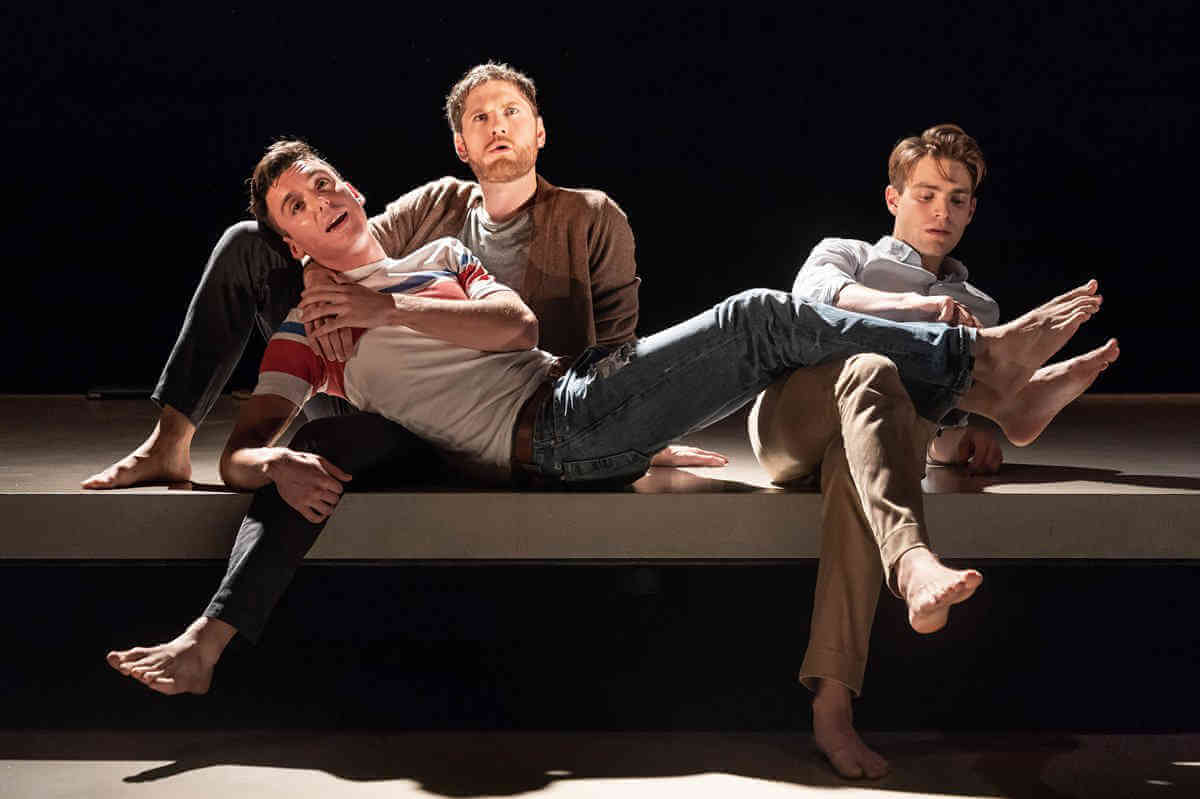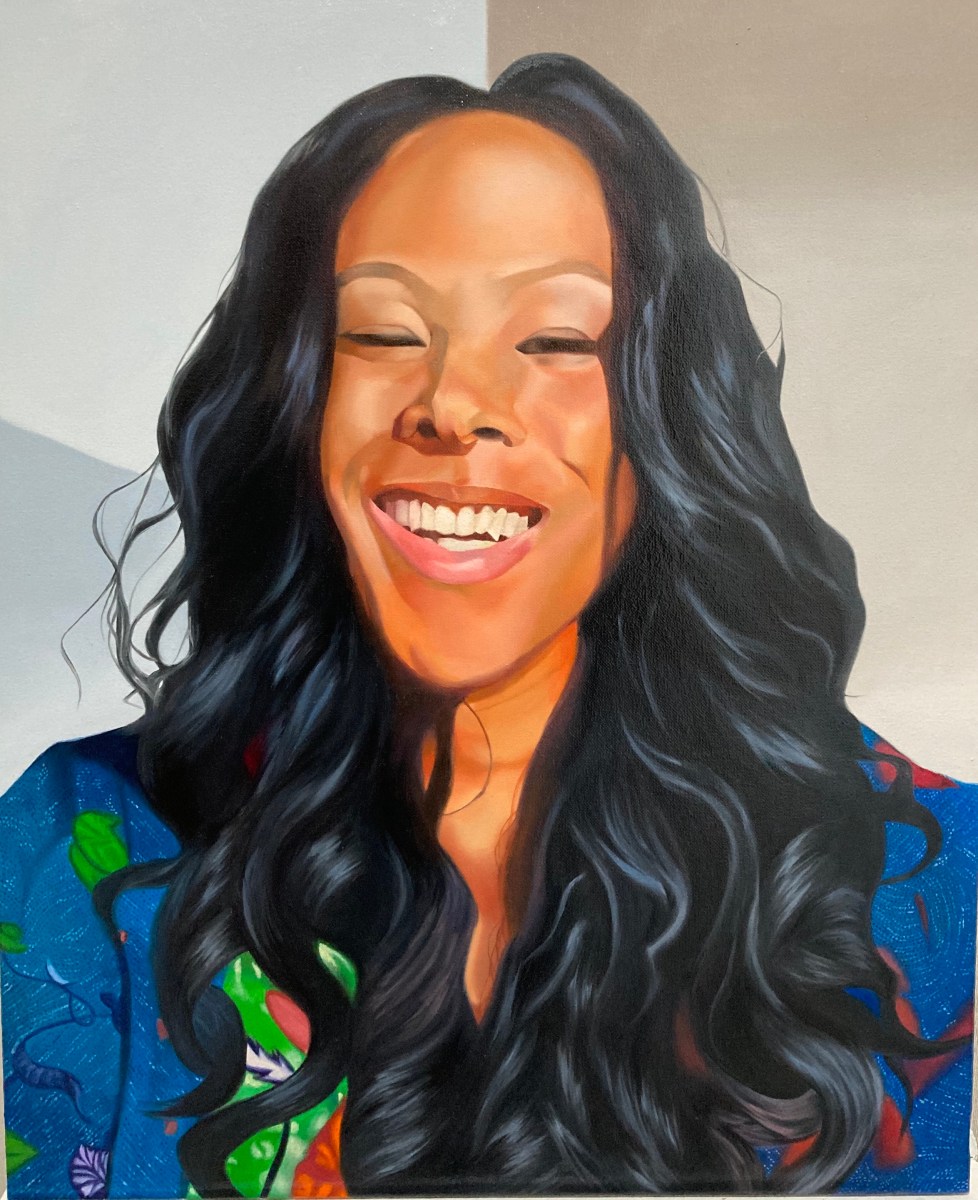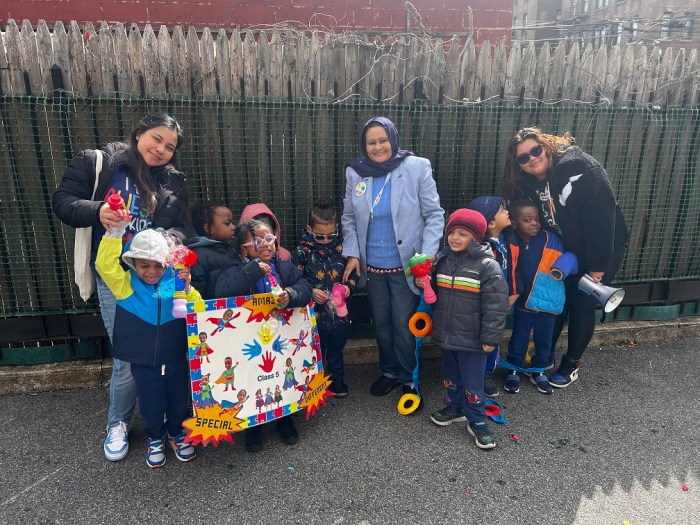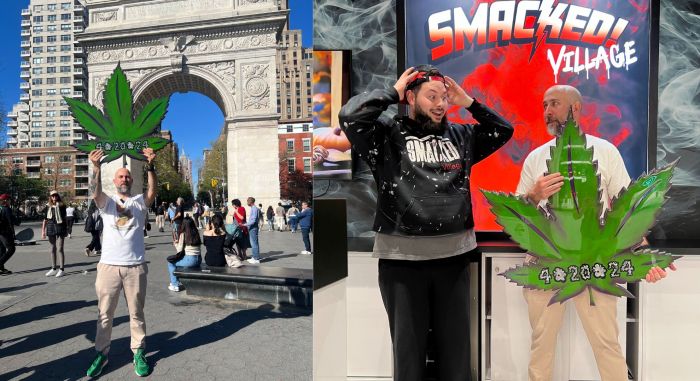There is no other word for it: “The Inheritance” is a masterpiece. Matthew Lopez’s expansive, engrossing two-play exploration of contemporary gay life in the post-marriage equality, effective HIV treatments world is a brilliant piece of literature that is surprisingly potent political theater and a wildly entertaining — and honest — tale of a group of men coming of age and coping with life’s challenges.
Lopez’s earlier plays, notably “The Legend of Georgia McBride” and “The Whipping Man” were excellent, but neither of them foreshadowed the complexity and artistry he brings to “The Inheritance.” As a storyteller, he rivals Dickens with his ability to create compelling characters, a pointed portrait of a specific world, and a monumental, but always controlled, story. The inheritance of the title refers to what today’s young gay men have received from their elders and those gone.
As dramatic literature, Lopez’s inheritance is the theater that has gone before. Terrence McNally put the first openly, unapologetic gay character on Broadway in 1965 in “And Things that Go Bump in the Night,” and at least one critic called for his death. McNally never drew back, and he was followed by Larry Kramer, Tony Kushner, William Hoffman, Martin Sherman, and others. The urgency and passion with which these playwrights reflected the worlds they inhabited helped make the culture Lopez chronicles possible, and, while as an artist he stands on their shoulders, he has created a work that is wholly original and very much of our time.
Lopez starts with the question: who are we today as gay men and as a community? The very structure of the play illuminates the enormity of the question. As the play opens, a group of young men struggle to begin the narrative. The ghost of E.M. Forster appears and “loans” them the structure of his novel “Howard’s End.” (It’s significant that Forster was a deeply closeted gay man who felt he had to write about love in a strictly heterosexual way and who, in Lopez’s telling — and from Forster’s own journals — regretted he was not bolder in his expression, leaving his gay-themed “Maurice” unpublished until after his death.)
The plot focuses on the intertwined stories of author Toby Darling, who having found success with a young adult novel — which he believes to be fine literature — pursues a life of pleasure and sex, and Eric Glass, a staid political activist. The two young men find themselves in a tempestuous relationship. Different as they are, they are both lost, and the arc of the plays is their search for identity and purpose. One story ends in tragedy and one in redemption, and while that may border on melodrama, Lopez handles each character with honesty and insight that support the plotting and is consistent with the often-operatic scale of the story. In fact, it is the very scale of all the events in the play, too numerous to include here, that gives it its consistent, emotive power.
Politics, too, bubble always just under the surface of the plot. Have acceptance and assimilation in the mainstream culture undermined gay identity? With marriage a given and HIV largely controllable, do individuals have a responsibility to the community or is having brunch and being fabulous enough? Lopez casts the question in the context of gay experience, but it’s one that should resonate through our entire society today. Lopez argues that the struggle still continues, largely in the person of Leo, a young hustler, who has been tossed out and marginalized. Eric’s compassion and care for Leo is an exhortation that we not close our eyes to what is going on in the world around us and that our work is not done — nor likely will it ever be. We must pay attention and engage.
Lopez is also unique as a political playwright in that he sets up fair fights. Like Shaw, he eschews the facile and polemical and dives into the heart of the issue. When Eric falls for billionaire Henry Wilcox, the former partner of Walter Poole whom Eric befriended before Walter’s death, it’s clear that Henry is a homocon who justifies his own disconnection from the gay community. If he seems heartless and arrogant, it is perhaps a defense against his past suffering. Henry makes trenchant, well-reasoned arguments, in particular, about how HIV meds were developed, that horrify Eric’s friends but have a logical grounding. Henry is ultimately a sympathetic character, and Lopez’s argument is not about who is right or wrong on any one issue, it is about the divisiveness of intractable ideologies and narratives that drive us apart as individuals and communities — another pointed commentary for our time.
Stephen Daldry directs the piece with a focus and intensity that makes the nearly seven-and-one-half hours of the play’s two parts fly by. Bob Crowley’s design is simple and artistic, allowing the story and the characters to take center stage. The magnificent company is on stage throughout much of the piece, providing a metaphoric backdrop representing the omnipresence of our community and its history.
The cast is outstanding. Under Daldry’s direction, the performances are stylized to a degree, but that gives them poetry and lyricism that consistently rings true. Andrew Burnap as Toby burns bright and dazzling in his inevitable progress towards self-immolation. Kyle Soller is steady and subtle as Eric, and Samuel H. Levine is galvanizing as Leo and doubling as Adam, a young actor Toby falls in love with and who becomes a star in the dramatic version of Toby’s book. John Benjamin Hickey is commanding and powerful as Henry Wilcox. Paul Hilton is extraordinary as Forster and as Walter Poole. He brings an ethereal timelessness to his characters that stand in stark counterpoint to the other characters in the play.
Easily one of the most fascinating aspects of this work is that how one responds may depend on one’s age. As a young man just coming into my gay identity as AIDS hit, fear and seemingly endless loss were daily realities. It was possible to become desensitized to it. There is a scene at the end of the first play in “The Inheritance” where the long-suppressed grief from these losses comes home with an impact that is like a blow. It is at once cathartic and healing. It is a moment that brings home the enormity of this history, this inheritance. It demands to be witnessed.
Read David Kennerley’s interview with cast members Andrew Burnap and John Benjamin Hickey at tinyurl.com/wgtqlj7.
THE INHERITANCE | Ethel Barrymore Theatre, 243 W. 47th St. | Through Mar. 1: Part 1: Wed., Sat.- Sun. at 1 p.m.; Thu.-Fri. at 7 p.m.; Part 2: Wed., Sat.-Sun. at 7 p.m. | $39-$199 at telecharge.com or 212-239-6200 | Part 1: three hrs., 15 mins., with two intermissions; Part 2: three hrs., 15 mins., with one intermission, one pause




































